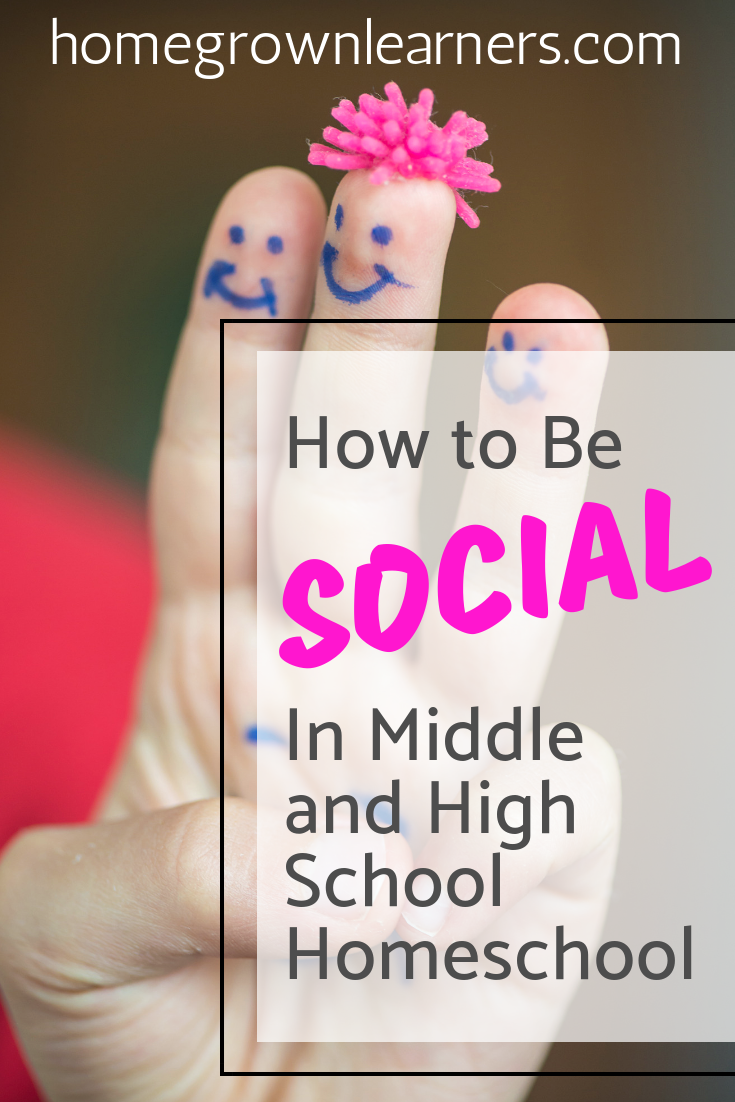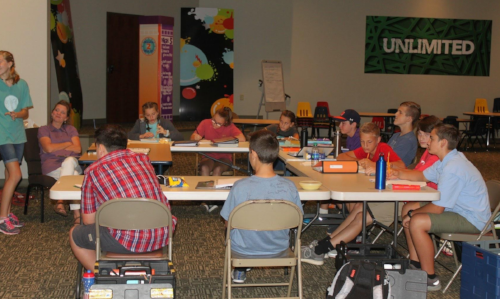If you’re wondering what a homeschooler’s journey to college looks like you’re in the right place.
When we decided to homeschool we abandoned the traditional ideal of public school.
It was easy to leave those ideals behind when our children were younger, but as our children matured things changed - the stakes were suddenly higher. It felt like my children’s future after high school hinged on so many of the decisions that were made in high school.
I wanted to remain true to my daughter’s interests and our family’s commitment to a Christ centered home education. I needed to be sure we weren’t missing the most important thing. It was important to my husband and me not to “sell out” just because we were worried about a child getting into college!
Take heart, parents - I am every bit as confident of our decision to homeschool as the parent of a 17 year old as I was when I was the parent of an 8 year old!
Preparing a homeschooler for college has been easier than I expected, and not nearly as stress-filled as I had been led to believe. These are exciting times, and I’d like to share them with you.
For what it’s worth, here’s a little advice to get this series started:
Start Early
Begin researching and thinking about your child’s high school education as early as 7th grade. Bookmark this page at HSLDA and refer to it often. It contains a WEALTH of information.
Plan with Your Child
Include your child in the planning of their upper grades education. Ask them what they want to study, what kinds of volunteer work and extracurriculars they want to take part in.
That investment in their education will build ownership - and ultimately we are preparing them for life beyond our homes, which includes A LOT of ownership!
Pray with them
Last year during the 40 days of Lent we made the commitment to pray aloud every evening as a family. This wasn’t always easy to do with two teens in the house, but we did it!
The blessings that came out of those 40 days blew us away and we found ourselves continuing this practice after Lent was over.
The habit of prayer is perhaps the most valuable you can instill in your children - at any age.
Seek Community
A supportive community of families who are on the same path can make all the difference!
Are you walking this road with other parents whose children have similar values and goals?
Bearing one another’s burdens and sharing information will be invaluable to you. There are many wonderful online resources for support, but nothing can compare to families in your community who are going through the same thing as you.
Find a Mentor
If at all possible, find another parent who has walked this road before you and can hold your hand along the way.
If at all possible, find another homeschooler who was walked this road before your homeschooler and can hold THEIR hand along the way.
Don’t Check Out
You might be tempted to assume that because your child is older and more independent that you can step back a bit in the high school years.
I have news for you. In many ways you need to be MORE present during this time. It’s just a different kind of present - it’s an emotional and mental availability all teens require.
There are many big ideas our kids will be facing during these years, and they need to know you are there with them, learning alongside them, and advocating for them. You need to be available for your child 24/7.
Don’t Get Caught Up in the Rat Race
I don’t know about you, but there can be a lot of pressure for kids to achieve a lot in high school - especially in traditional school. The emphasis is on doing MORE and being BUSY.
Is this how we want our children to live the rest of their lives?
We need to remember the most important thing: we want our children to be good people, serving God through serving others, developing their talents, and growing in their faith.
Yes, a college education is of value, but it is not the ULTIMATE goal of our efforts.
Keep this in mind as you travel through high school with your child.
Savor Each Moment
I know I don’t need to tell you this, but sometimes the days go slow but the years go fast. It seems we were just doing thumbprint art and making LEGO landmarks.
It goes in the blink of an eye.
Don’t forget to allow your family plenty of time to be together - play games, take field trips, read aloud. (You can still do these things when your child is in high school! )
This series will continue with these topics:
High School Credits
The Dreaded “Transcript”
Standardized Testing
College Visits & Applications
Preparing for Launch - coming soon!






